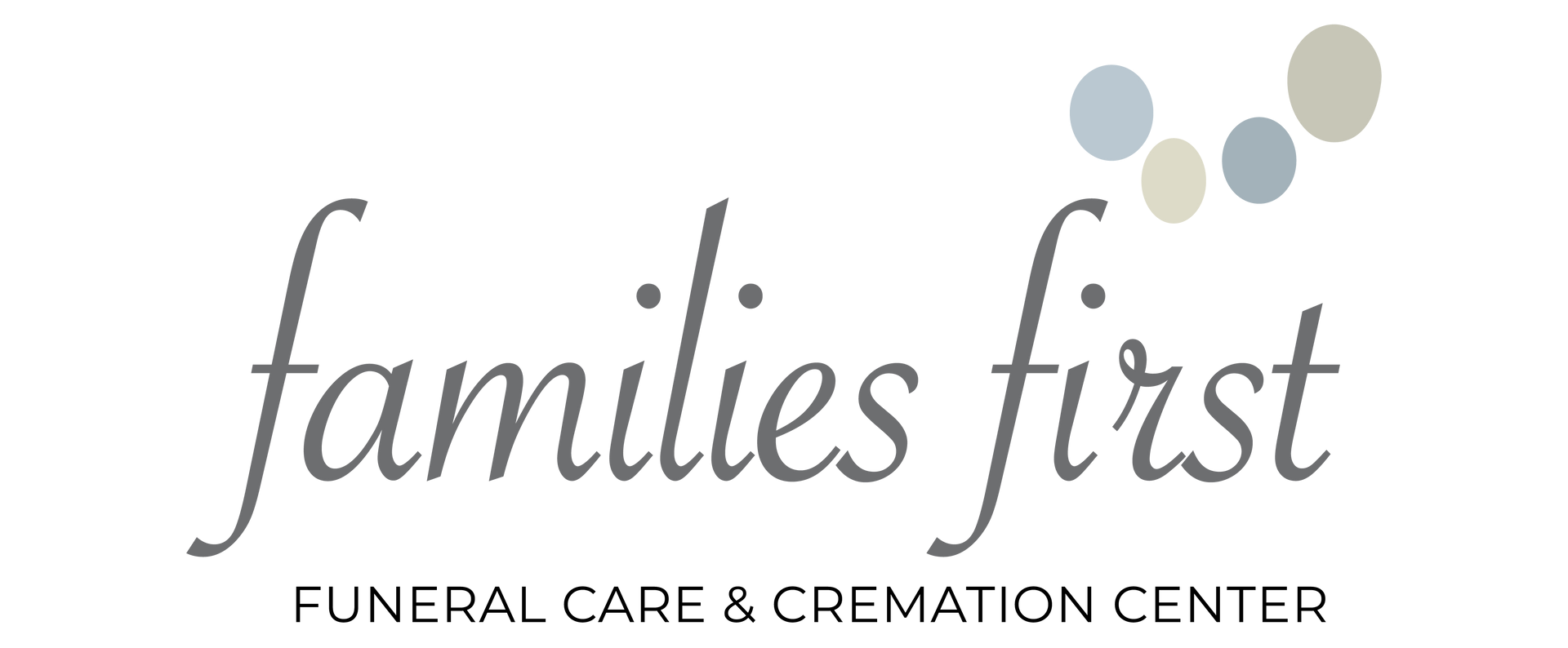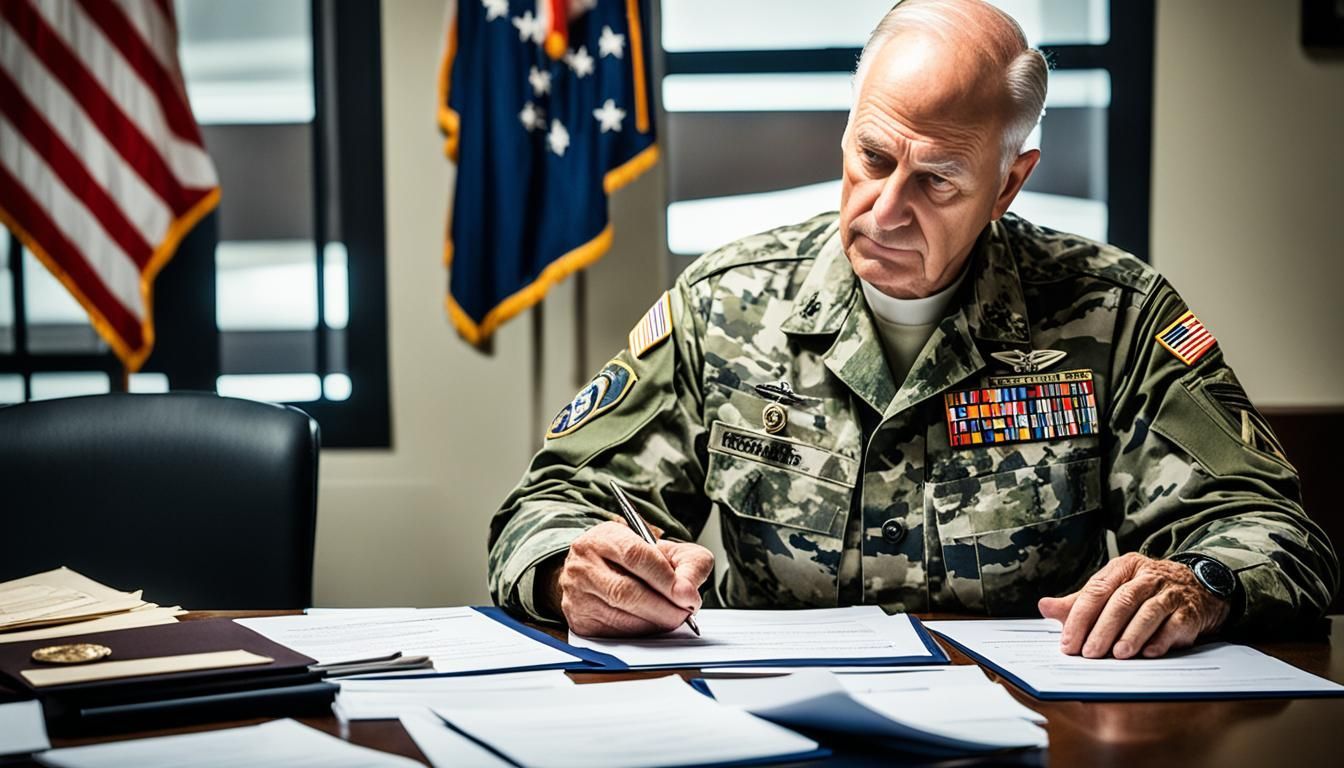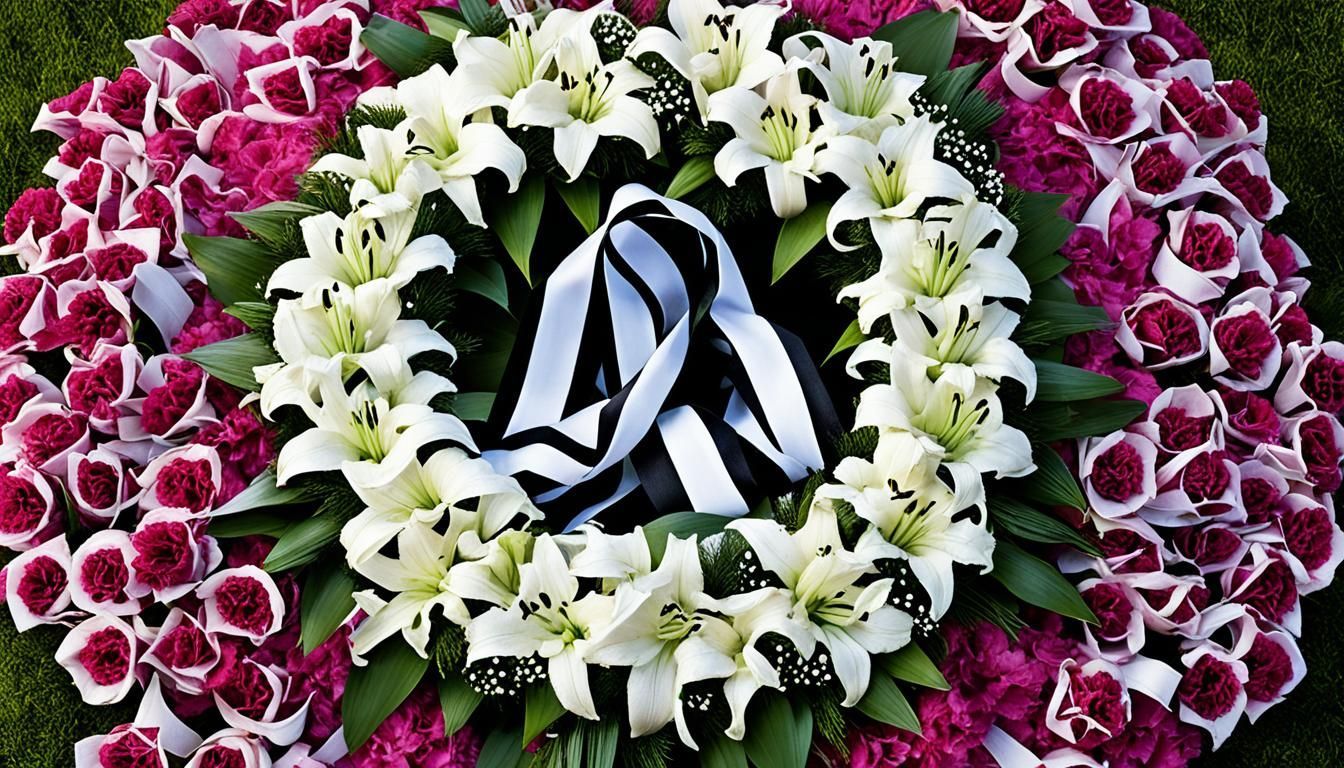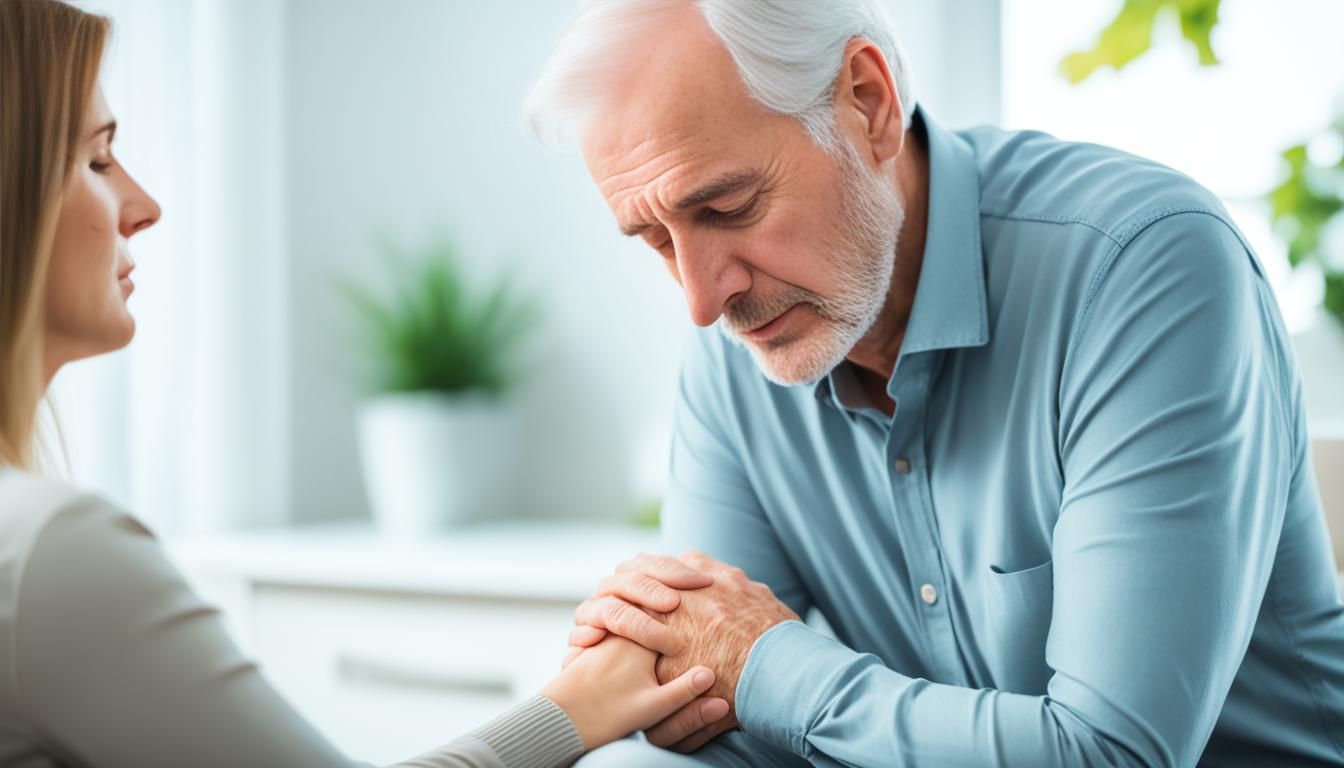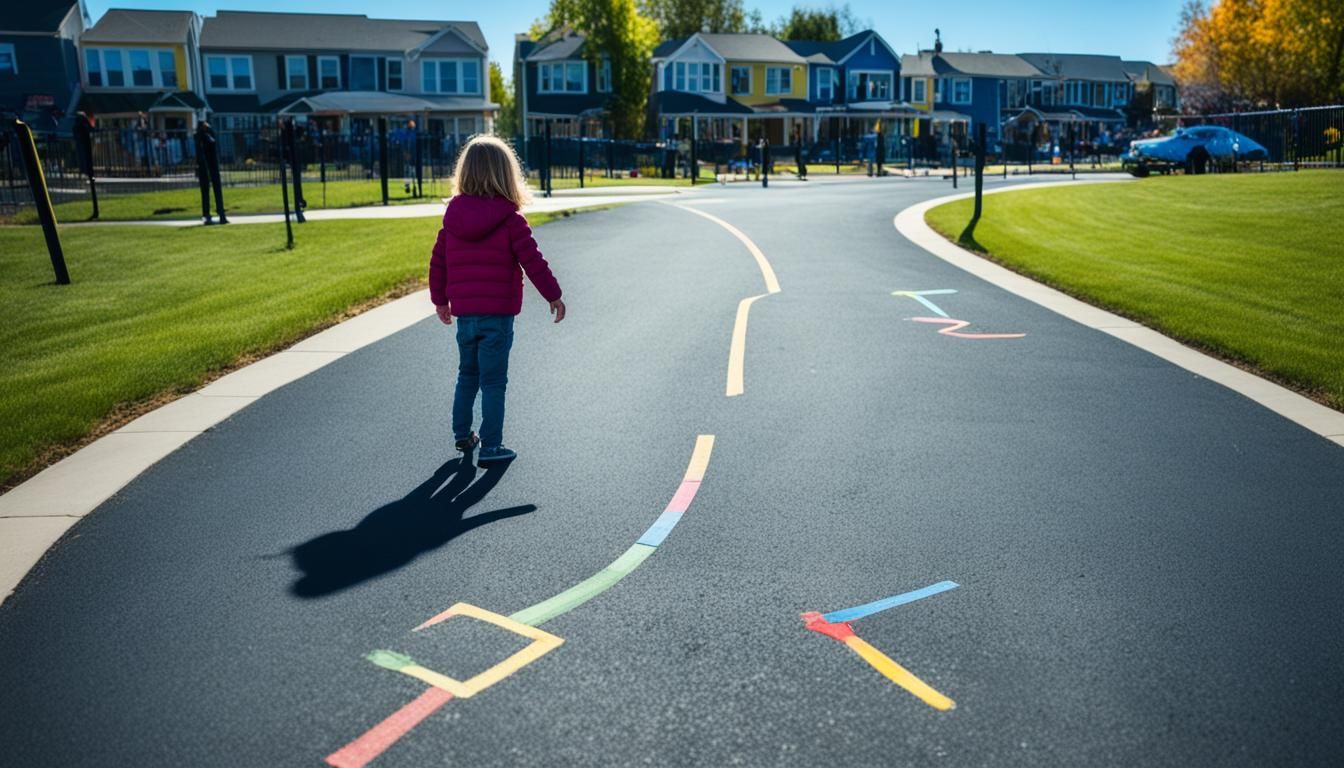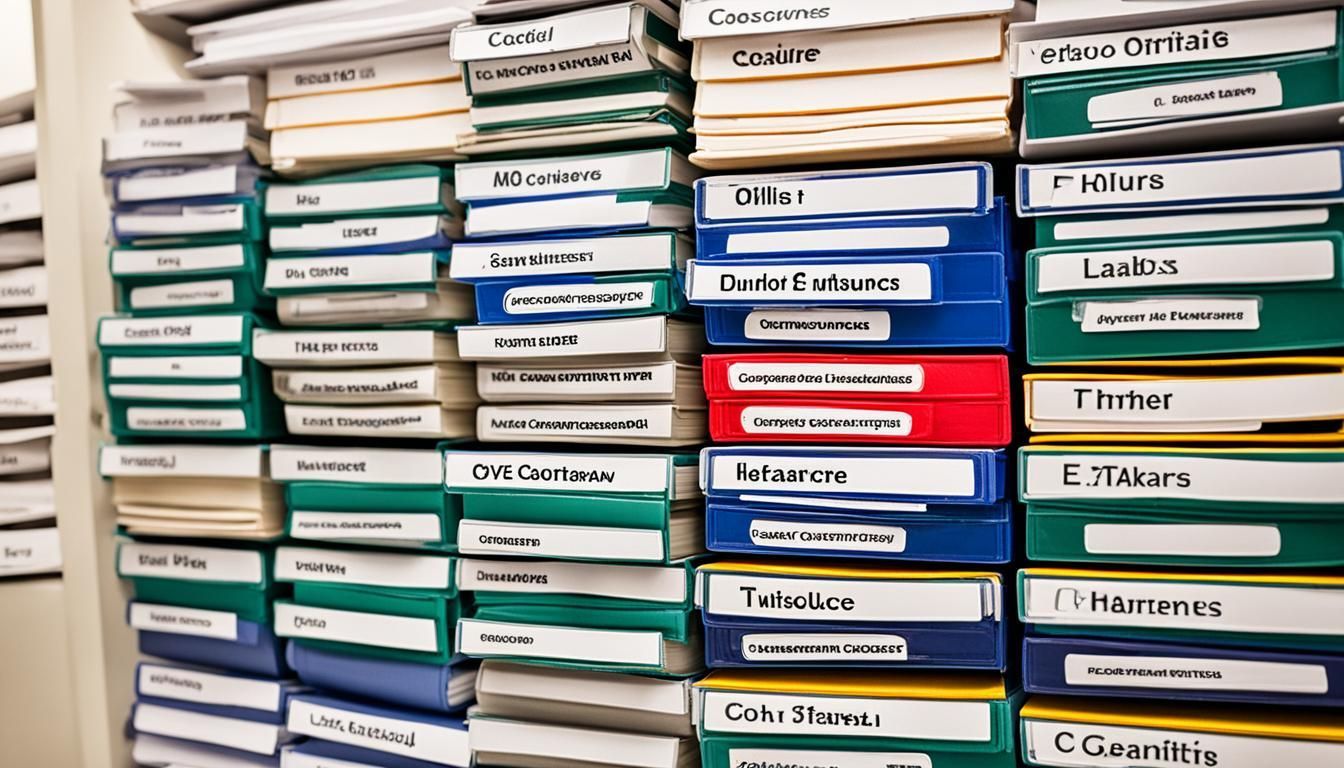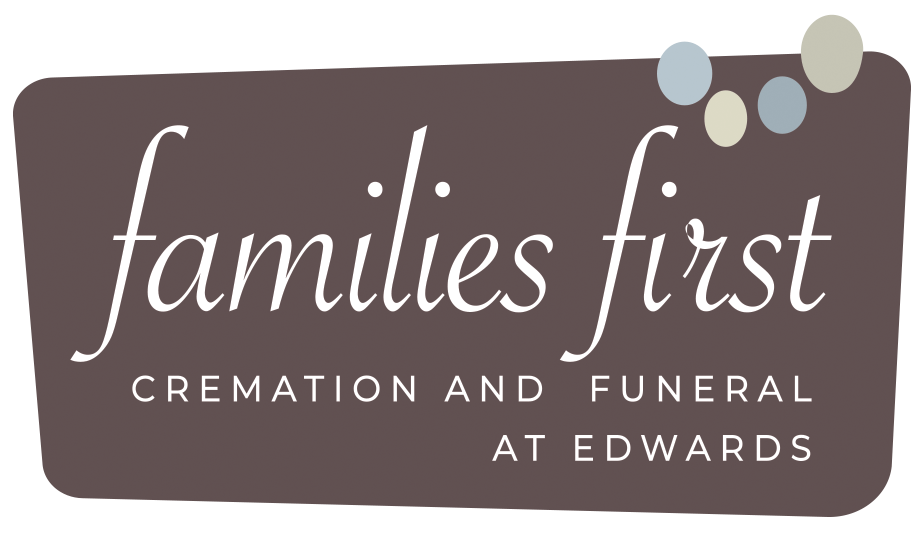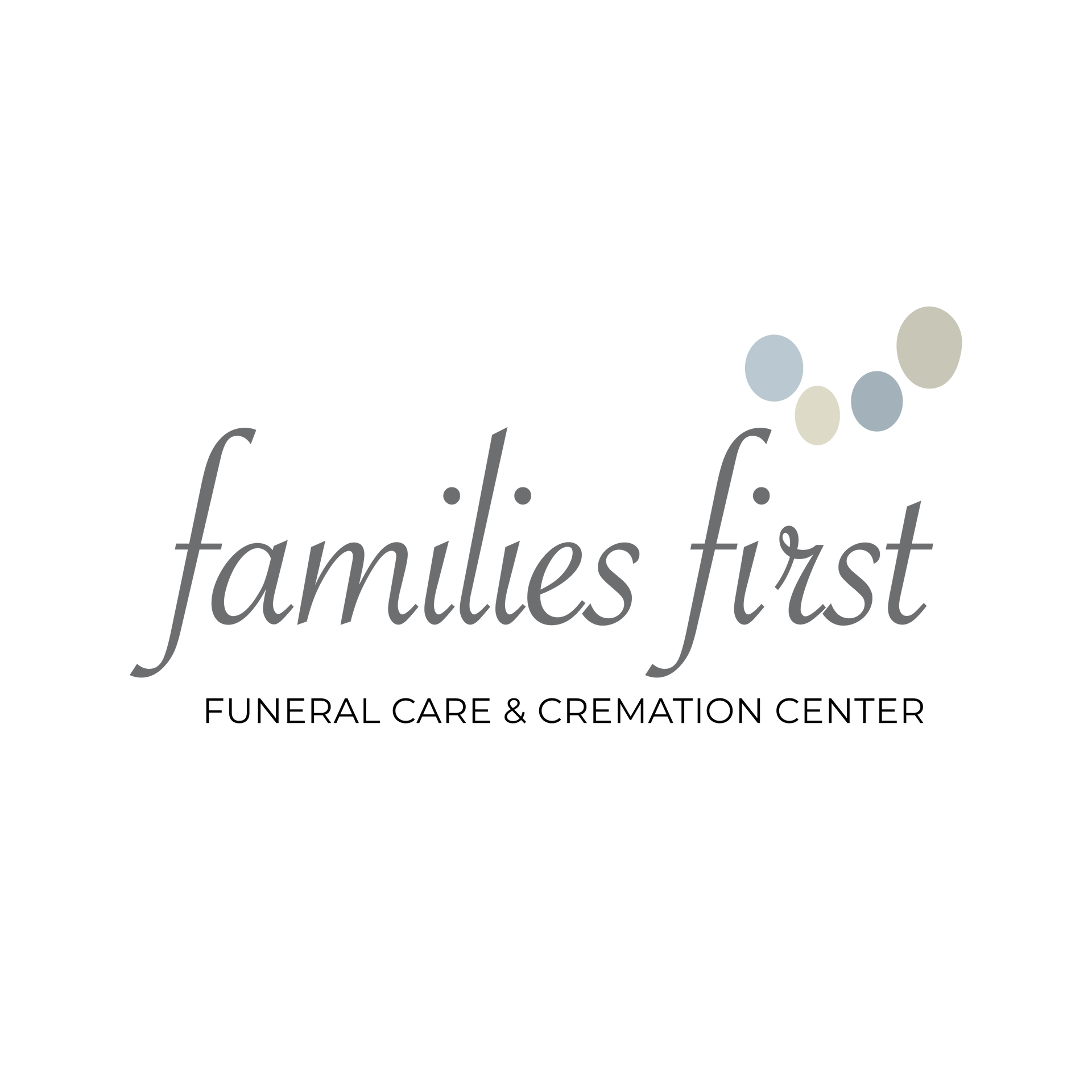Follow Us
Sign up for Obituary Notifications
We will get back to you as soon as possible
Please try again later
Coping with Post-Holiday Blues After Loss
Coping with Post-Holiday Blues After Loss
Ever felt really down after the holidays, especially if you've lost someone close? The sadness we feel once the festive season ends is called post-holiday blues. It's normal to feel this way due to getting back to normal life, having fewer social events, and missing the holiday's excitement. For those who recently lost someone, this time can feel extra hard. The holiday joy might have briefly helped them forget their sorrow.
At Families First at Edwards in Columbus, Ohio, we get how hard it is to go back to daily life when you're grieving. We’re here to support you. Whether it's through publishing obituaries, sending flowers, planting a tree, or sending a card in memory of your loved one. We are devoted to helping you through your grief after the holidays.
Key Takeaways:
- Post-holiday blues are common, particularly after experiencing loss.
- A sharp emotional contrast to holiday cheer can amplify feelings of grief.
- Factors like financial strain and loneliness also contribute to holiday blues.
- Maintaining connections and seeking support from organizations can help manage grief.
- Families First at Edwards offers various resources for grief support after a loss .
Understanding Post-Holiday Blues and Grief
After the holidays, many people feel a wave of emotional challenges. This is especially true for those grieving the loss of a loved one. They may experience sadness, fatigue, and disappointment as the fun times end. This happens because we shift from celebrating to our regular life quickly.
What are Post-Holiday Blues?
Mental health problems often spike after the holidays. A study called the "Christmas Effect on Psychopathology" found more people seek emergency psychiatric help after Christmas. There's usually a drop in psychiatric hospital stays during the holidays. But, these numbers jump after the celebrations stop.
According to the National Alliance on Mental Illness (NAMI), 64% of those with mental illness say the holidays make their condition worse.
The Impact of Grief During the Holidays
Grief can hit harder during and after the holidays. The absence of loved ones is deeply felt. In a survey from 2015, 64% said they felt post-holiday sadness. Money worries, current events, and feeling alone make it worse. Unhealthy eating and drinking too much alcohol also contribute to depression.
Recognizing Symptoms and When to Seek Help
Knowing the signs of post-holiday blues and grief is key. Symptoms like irritability, trouble sleeping, and lack of motivation are common. Not everyone is happy after the holidays. Cold weather, fewer social activities, and emotional triggers can extend sadness. Gina Moffa recommends coping by planning downtime, family trips, and fun weeknights.
Self-care, sticking to a routine, and accepting invites help too. If sadness lingers or impacts daily life, seeking professional mental health support is advised.
Practical Strategies for Coping with Post-Holiday Blues After Losing a Loved One
After the holiday season, it's common to feel down as the excitement ends. For those grieving a lost loved one, these feelings hit harder. There are ways to make this time easier.
Staying Connected with Loved Ones
Keeping in touch with friends and family is key during this time. Staying connected lessens loneliness and sadness. A simple call, video chat, or small meet-up can lift spirits. It reminds us we're not alone.
Maintaining Healthy Habits
Healthy habits also help with post-holiday sadness. While vacation joy is short-lived, regular exercise, eating well, and good sleep can support our mental and physical health. Limiting alcohol and practicing mindfulness can also improve our mood.
Planning Ahead
Making new plans is another great strategy. Planning exciting new events or activities can give us something to look forward to. It helps counter the post-holiday letdown. Trying new things like a different cuisine or hobby can be a positive distraction.
Here's a quick look at helpful strategies and their benefits:
| Strategy | Positive Impact |
|---|---|
| Staying Connected | Reduces loneliness, provides emotional support |
| Maintaining Healthy Habits | Enhances physical and mental well-being |
| Planning Ahead | Creates anticipation, maintains excitement |
If you're dealing with sadness after the holidays, remember to stay connected, take care of yourself, and make future plans. Know that Families First at Edwards is here to help with grief support. It’s a big help and reassurance during tough times.
Conclusion
When the holidays end, many of us feel a deep sadness, especially if we're grieving. It's normal to feel this way as we go back to daily life. Knowing these feelings and facing them is key to handle grief and start to heal.
Coping strategies like keeping up with friends, staying healthy, and making plans can help us adjust. Being thankful and mindful helps fight off sadness and stress. Also, being outside can make us happier, less stressed, and healthier, just like holidays do.
Did you know having paid holidays can make women 29% less likely to be depressed? Taking even short walks outside can calm us and refresh us, much like a good break does. But, if sadness doesn't go away or feels too much, it's important to get professional help.
Families First at Edwards is here to help people deal with holiday grief. We want to offer support and care, helping you through the healing process. Healing from loss is a path we don't have to walk by ourselves. Together, we can get through these hard times.
FAQ
What are Post-Holiday Blues?
Post-holiday blues are feelings of sadness after the holidays. This happens when we go back to our usual routine. It contrasts greatly with the joy we felt during the holiday season.
How does grief impact the holiday season?
Grief makes the holiday season tougher. It brings up memories of those we've lost. This can make the holiday cheer seem overwhelming, increasing feelings of sadness.
What symptoms should I look out for and when should I seek help?
Look for signs like irritability, trouble sleeping, no motivation, and feeling sad a lot. If these symptoms disrupt daily life, getting help from a professional is key.
How can staying connected with loved ones help in coping with post-holiday blues after losing a loved one?
Keeping in touch with friends and family offers emotional support. It lessens feelings of being alone. Spending time with loved ones brings comfort and makes us feel we belong, especially when times are tough.
What are healthy habits to maintain during post-holiday blues?
Healthy habits are crucial. Get enough sleep and eat well. Avoid drinking too much alcohol. Regular exercise helps too. These actions can lessen sadness and anxiety, improving our overall health.
Why is planning ahead a practical strategy for coping with post-holiday blues?
Planning future events gives us something to look forward to. It creates feelings of excitement. This can help balance out the sadness or disappointment we might feel after the holidays.
